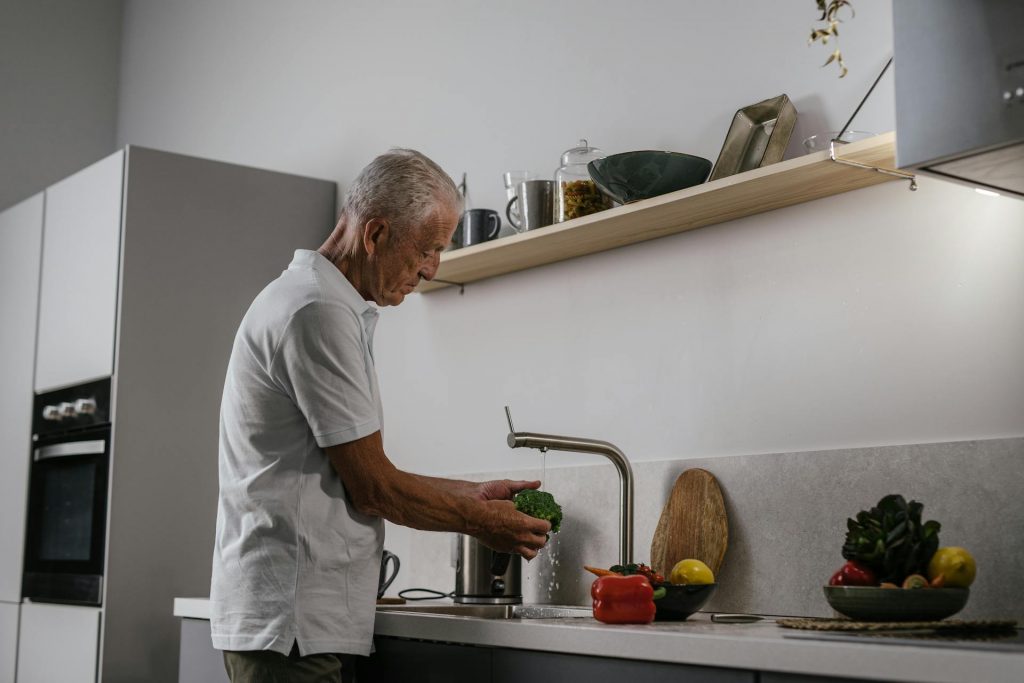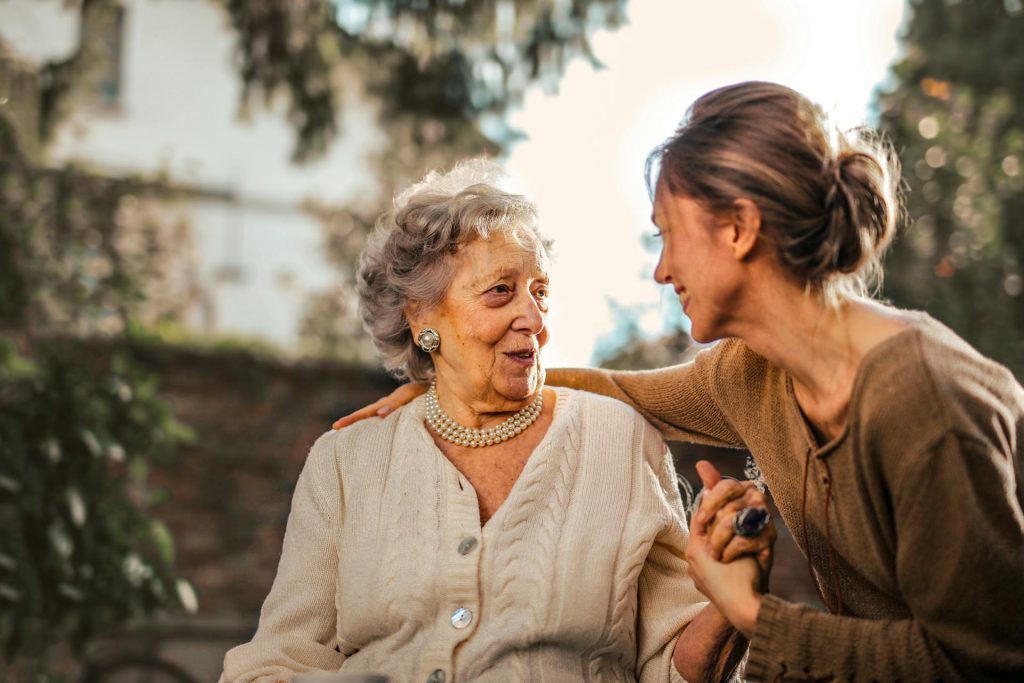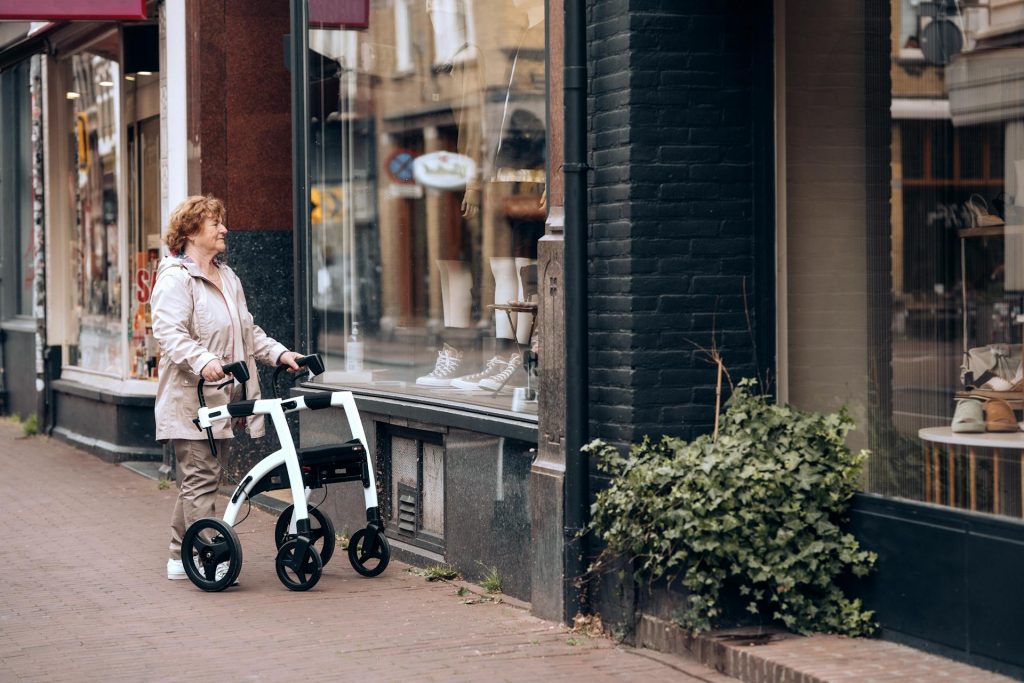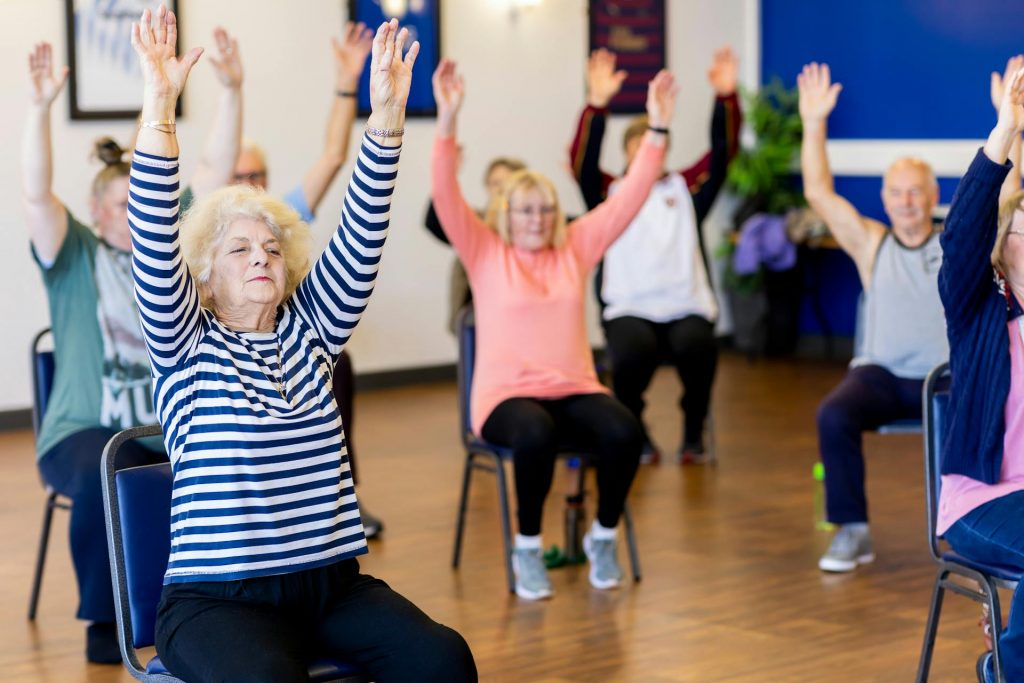As seniors age, their needs go far beyond medical care. While doctors treat health conditions, caregivers are the heroes who enhance the overall well-being of elderly individuals. From emotional support to daily assistance, caregivers make a significant difference in the lives of seniors. How caregivers improve the quality of life for elderly individuals through various forms of support.
Combating Loneliness with Companionship

One of the most impactful ways caregivers improve life for elderly is by reducing loneliness. Many elderly individuals, specially those who live alone, experience isolation, which can lead to depression and mental health problems. Caregivers provide much needed companionship by engaging in conversations, spending time together, and offering emotional support. Even simple acts like watching TV together or having a chat can have profound effects on a senior’s mental well-being.
Supporting Physical Health and Mobility

Caregivers help seniors with day-to-day activities that can become difficult with age, such as bathing, dressing, and cooking. They ensure that seniors can do these tasks while maintaining their dignity. Caregivers also encourage physical activity, whether it’s a short walk or some light exercises to keep seniors active and prevent further physical decline. By assisting with mobility, caregivers also reduce the risk of falls, which is a major concern for the elderly.
Providing Emotional and Mental Health Support

Beyond physical care, caregivers provide emotional support. Elderly may face emotional challenges, like the loss of loved ones, decreased independence, or chronic illness. A caregiver’s empathetic presence can significantly improve a senior’s mental health. Whether it’s providing comfort during tough times or simply listening, caregivers help seniors face the emotional ups and downs that come with aging.
Promoting Cognitive Health

Including conditions like dementia and Alzheimer’s, is common among older adults. Caregivers play a key role in supporting cognitive health by encouraging activities that stimulate the brain such as puzzles, reading, or engaging memory exercises. A caregiver’s structured routine also helps reduce confusion and anxiety, which are common among seniors with cognitive support. caregivers help elderly maintain mental clarity and function longer.
Managing Medications and Healthcare

Seniors often juggle multiple medications, and keeping track of them can become overwhelming. Caregivers assist in managing prescriptions, ensuring that medications are taken on time and as prescribed. They also monitor for side effects and help seniors attend doctor appointments, making sure they understand medical instructions. This assistance ensures that seniors’ health conditions are properly managed, contributing to a better quality of life.
Encouraging Independence and Self-Esteem

While caregivers provide much-needed support, they also foster seniors’ independence. Good caregivers strike a balance between offering help and allowing seniors to maintain autonomy. Encouraging seniors to do tasks on their own, such as dressing or preparing simple meals, boosts their self-esteem and preserves their dignity. By empowering seniors, caregivers help them maintain a sense of control over their lives, which is crucial for their mental well-being.
Facilitating Social Engagement and Activities

Caregivers also help seniors stay socially engaged, which is important for both mental and physical health. They may assist in arranging social activities, such as meeting friends, attending community events, or participating in hobbies. Social engagement helps prevent feelings of isolation and can keep seniors mentally sharp. Caregivers often help seniors stay connected to their communities, ensuring they don’t miss out on meaningful interactions.
Caregivers play an essential role in enhancing the quality of life for seniors, offering more than just physical care. Their support improves emotional well-being, cognitive health, and independence, allowing elderly individuals to live fuller lives. While medicine addresses the body’s physical needs, caregivers nurture the heart and mind, helping seniors maintain dignity and happiness throughout their aging journey.
